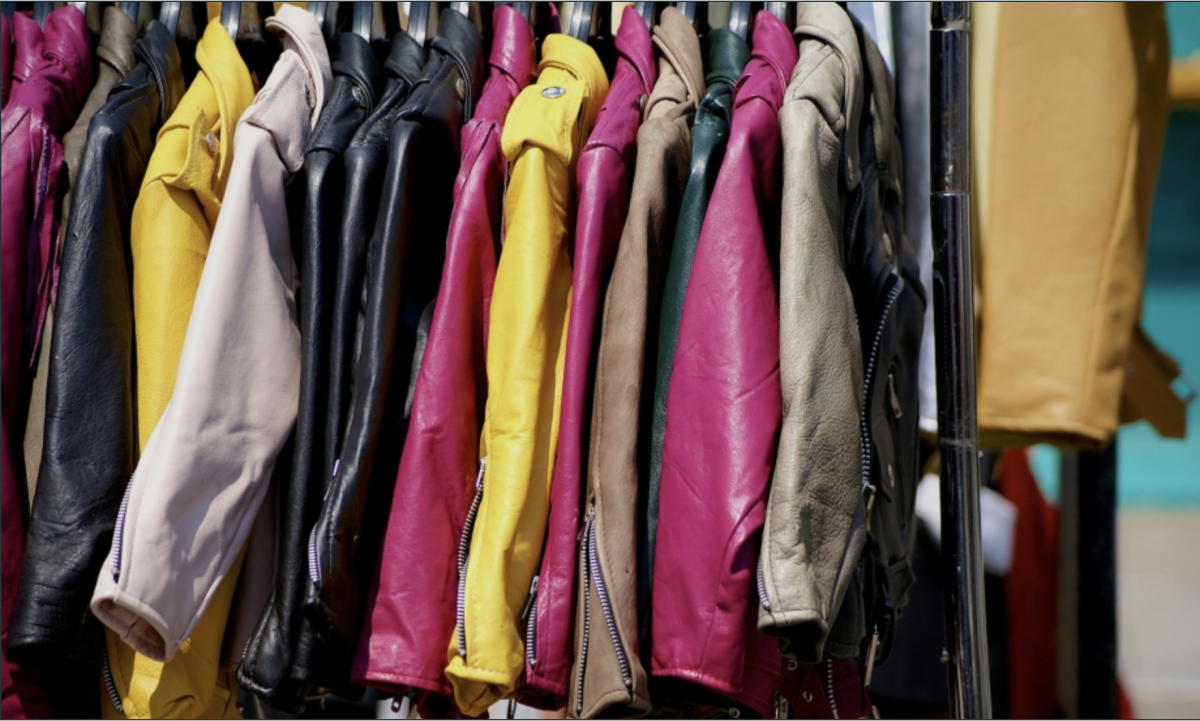In today’s realm of style, where trends come and go in the blink of an eye, fast fashion has captured the hearts (and wallets) of consumers worldwide. With its promise of affordable, trendy clothing available at the click of a button or a quick trip to the store, fast fashion has revolutionized how we shop and dress. But behind the glittery tops and cozy cotton pants lies a darker reality of the ethical costs associated with the production and consumption of these adornments. As consumers navigate the aisles of fast fashion retailers and scroll through endless online catalogs, they unknowingly engage and support a system that exploits its workers, especially women.
At the heart of fast fashion brands’ business models is lowering costs and rapid production turnover. The key to achieving both these objectives is outsourcing production to countries where it is easier to neglect minimum wage and job security. According to the Oxfam Report What She Makes, 99-100% of fast fashion workers in developing countries such as Bangladesh and Vietnam work for less than a living wage. In particular, of the estimated 40 million garment workers globally, the majority of them are women and girls. Many do not have much choice when it comes to taking these jobs, which then often traps them in cycles of poverty. As a result, many female garment workers in the industry do not possess a financial safety net to search for labor elsewhere.
However, businesses benefit significantly from this framework. By outsourcing their production to countries with low labor costs, companies such as ZARA, Shein, and Forever 21 can increase their profit margins on each unit sold. The increase enables them to generate higher profits despite offering their products at lower prices, contributing to overall business profitability and growth. Outsourcing production also provides brands with scalability and flexibility in their operations, as they can quickly adjust production levels in response to changes in demand or market conditions. Furthermore, the lack of effective labor laws lets businesses exploit their workers to work overtime, allowing them to bring new designs to market more quickly and gain a competitive advantage.
You must be thinking – Why would businesses do this? Well, there is a simple answer—increased profits. Milton Friedman, the 1976 Nobel Prize winner in Economics, created the doctrine of a business’s social responsibility, asserting that a firm’s sole obligation is to enhance profits within the bounds of fair competition. Through this theory, one can see why businesses would be willing to use underhanded tactics to increase sales, regardless of whether they are ethical or unethical.
As consumers, it is crucial to recognize the ethical complexities embedded within the fast fashion industry. While the allure of affordable, on-trend clothing may be tempting, it is vital to pause and consider the human and social costs hidden behind each garment. As consumers, we can make more conscious fashion choices by researching brands before purchasing, choosing quality over quantity, and supporting the use of sustainable materials in garment-making. Examples of sustainable fashion brands that prioritize ethical practices and environmental responsibility are – Everlane, Pact, and Patagonia. Starting today, redefine your relationship with fashion by advocating for transparency, supporting ethical fashion initiatives, and making conscious purchasing decisions!






















